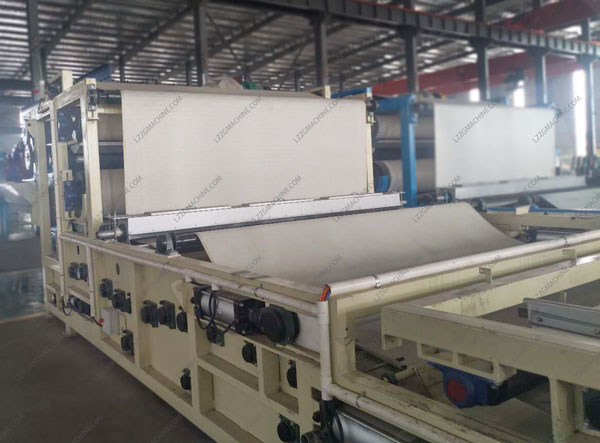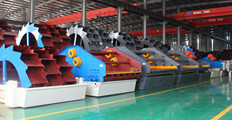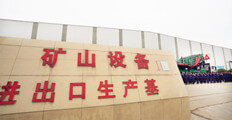The most effective way of sludge thickening and dewatering
If you are interested in our products, Please get in contact with us .
E-mail: export@lylzzg.com Chat Line Send InquirySludge thickening
Sludge thickening is the most economical and effective way to reduce the volume of sludge. No matter what method is used for sludge treatment, sludge thickening is essential. At present, the most commonly used methods for sludge thickening include gravity concentration, air flotation concentration, centrifugal concentration, and hydrocyclone concentration.
(1) Gravity concentration
Gravity concentration is the purpose of thickening sludge by forming a high-concentration sludge layer in the sedimentation. Separate gravity concentration is completed in a separate gravity concentration tank, the process is simple and effective, but it may produce odor when the residence time is long; the gravity concentration method is suitable for primary sludge, chemical sludge and biofilm sludge.
(2) Air flotation concentration
Air flotation concentration is the opposite of gravity concentration, which relies on a large number of tiny bubbles attached to the surrounding sludge particles to reduce the specific gravity of the particles to force them to float. Therefore, the air flotation method is particularly suitable for the sludge whose contrast weight is close to (1). The air flotation concentration method is easy to operate, has a certain odor during operation, has high power costs, and is sensitive to sludge settling performance (SVI); it is suitable for activated sludge treatment systems with small remaining sludge production.
(3) Centrifugal concentration
Centrifugal concentration uses the different centrifugal force of the solid and liquid specific gravity in the sludge to concentrate. The characteristics of centrifugal concentration are self-contained system, good effect and easy operation; but higher investment, higher power cost, and higher maintenance level; suitable for large and medium-sized sewage plants biological and chemical sludge.
(4) Hydrocyclone concentration
Hydrocyclone concentration is the use of the centrifugal sedimentation and separation phenomenon generated by the cyclone to replace the centrifugal sedimentation and separation in the mechanical rotating body to achieve the purpose of concentration. However, the operation of hydrocyclone thickening is complicated, and it is easy to be clogged by thickening. Large-scale sludge thickening devices are rarely used.
Mechanical dehydration
Mechanical dehydration is a method commonly used in countries all over the world. Commonly used dehydration machinery include vacuum filter, plate and frame filter press, belt filter press and centrifuge. In recent years, rotating drum centrifuges and belt filter presses have been rapidly developed, and they have been widely used in countries all over the world as the main machinery for sludge dewatering.

Belt filter press
The main feature of the belt filter press is to use the tension and pressure of the filter cloth to apply pressure on the filter cloth to dehydrate the sludge. It does not need vacuum or pressurizing equipment, consumes less power, and can be operated continuously. Its operation is only determined by the speed and capacity of the filter cloth. Even if the load changes during operation, the dehydration can be stabilized. The structure is simple; there is no noise and vibration, and the closed operation is easy to realize. Belt filter press is suitable for the dewatering of activated sludge and organic hydrophilic sludge, and is currently widely used in sludge dewatering.
Send us a message
You can also send a message to us by this email export@lylzzg.com, we will reply to you within 24 hours. Now tell us your needs, there will be more favorable prices!


